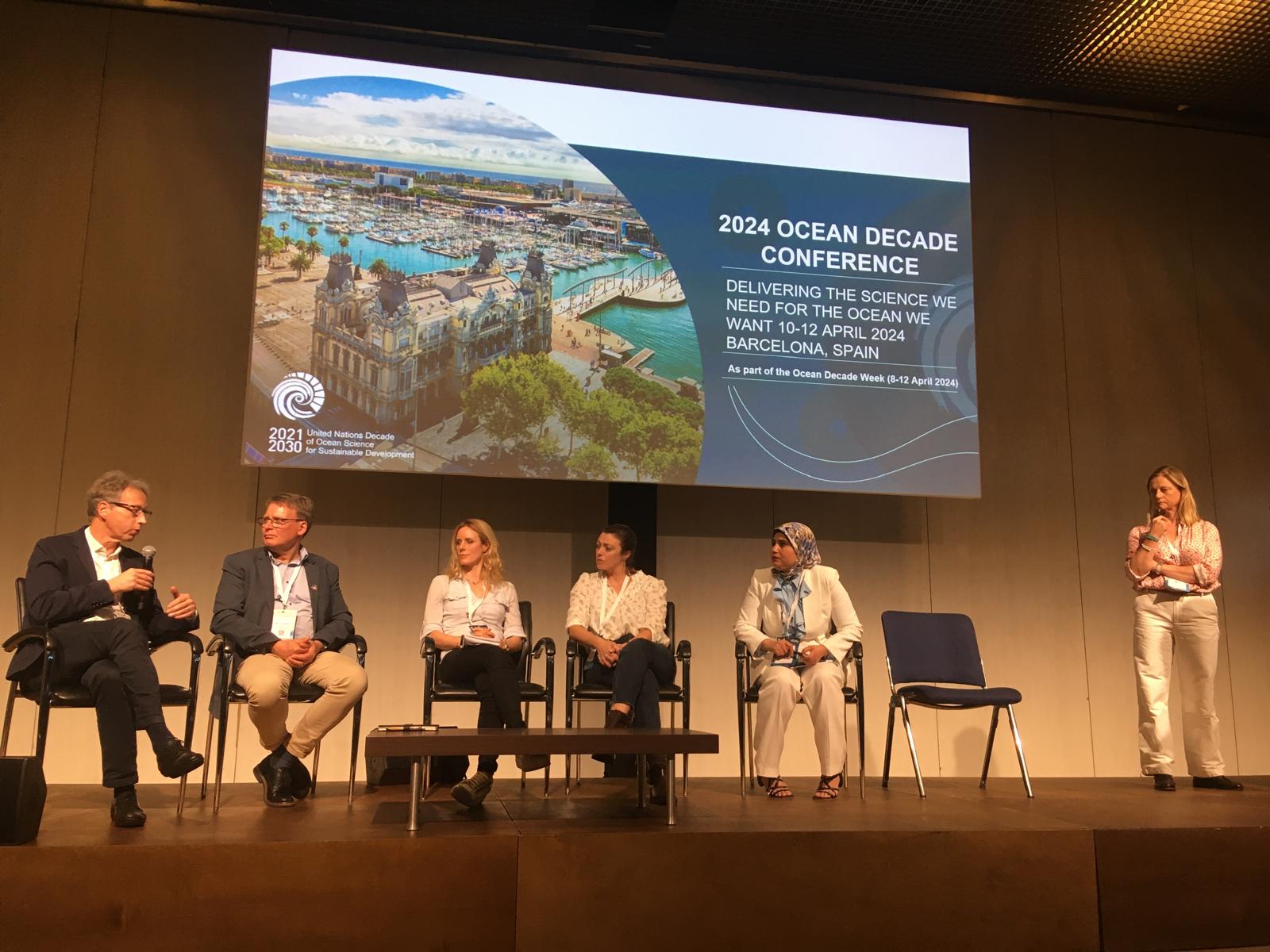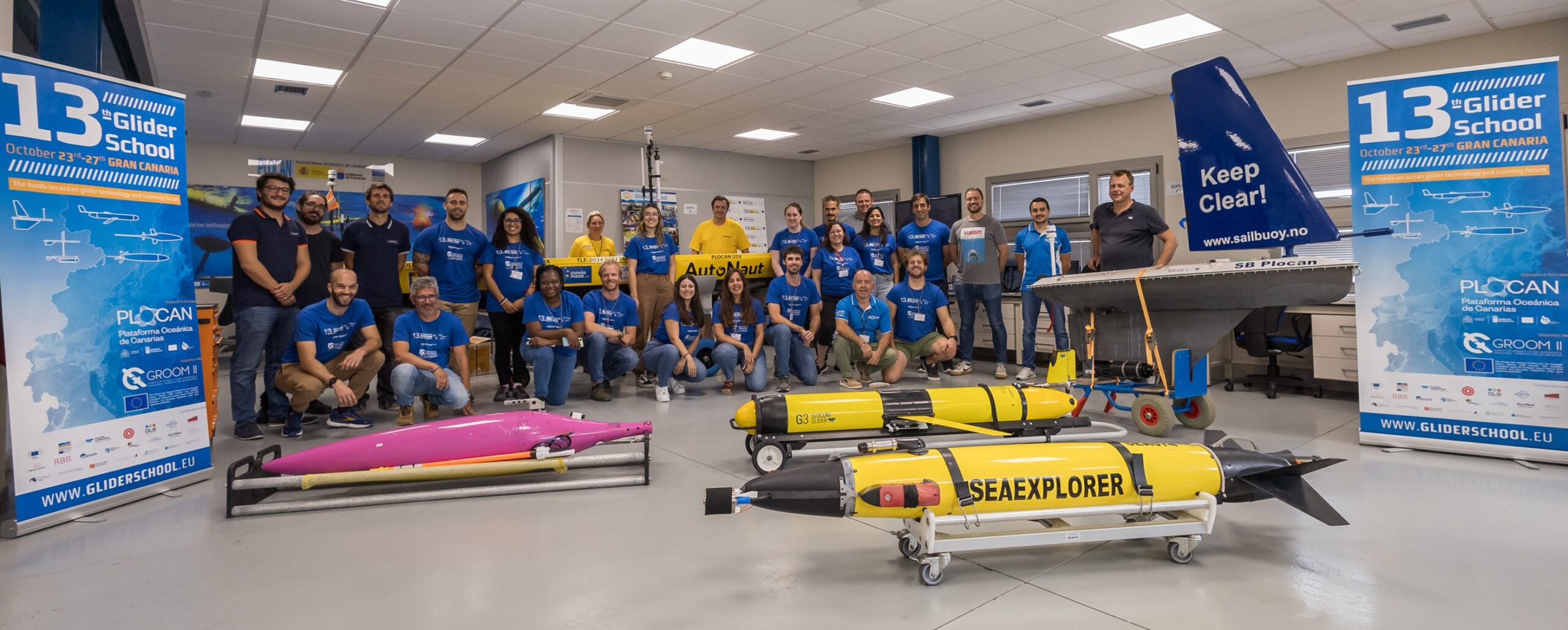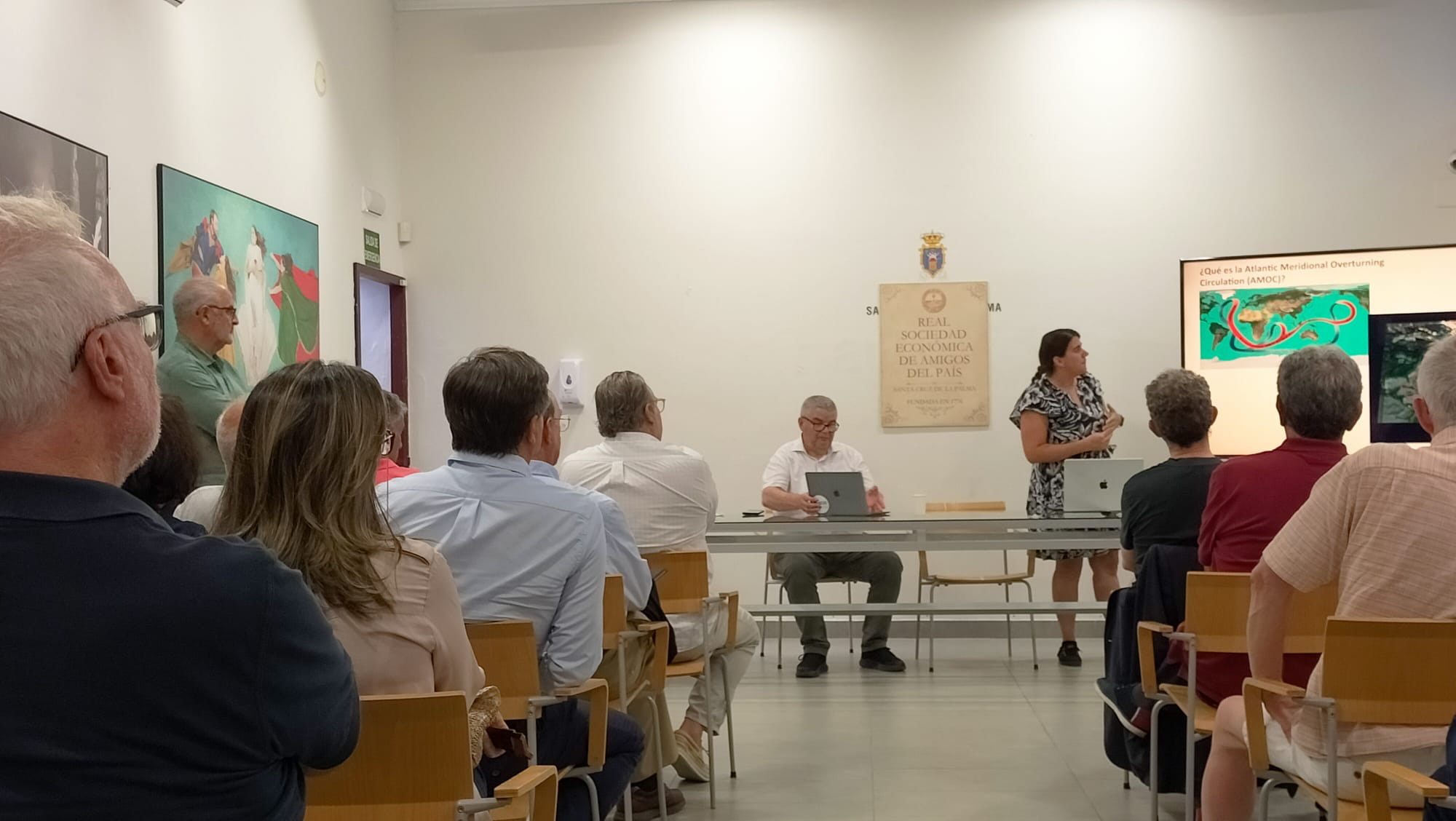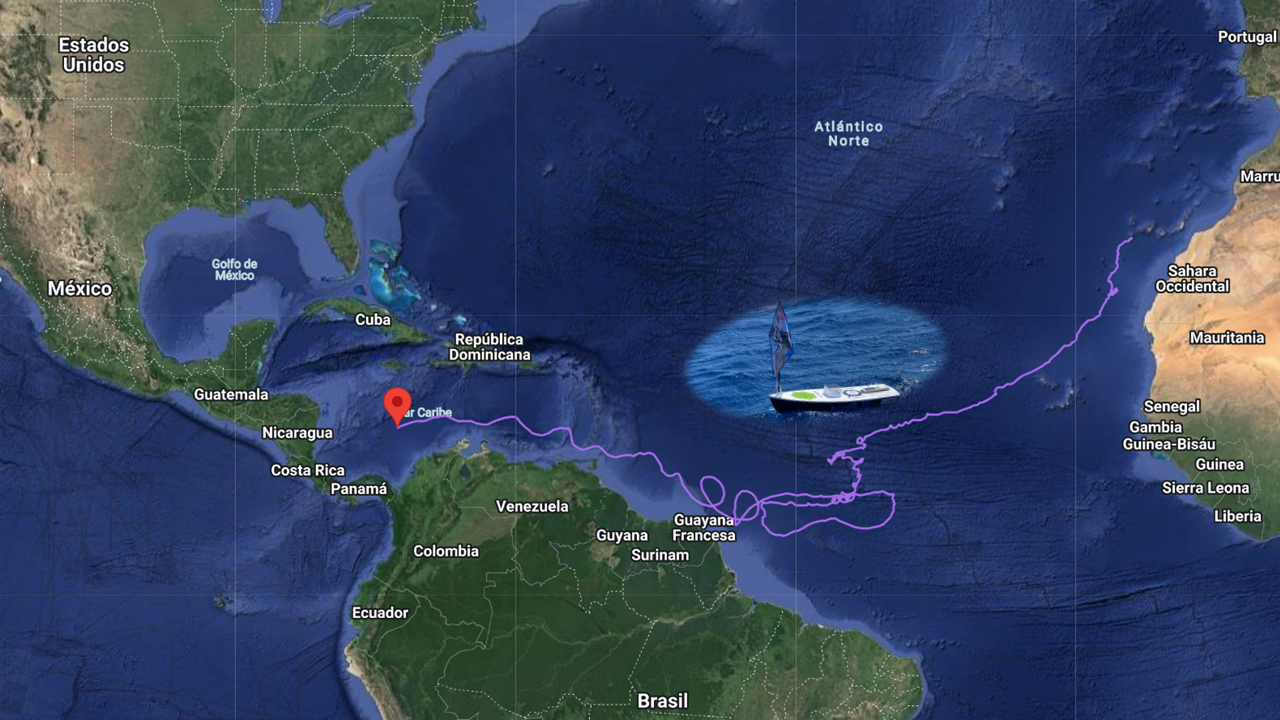PLOCAN participates as partner in the European project “Demonstration of smart and flexible solutions for a decarbonised energy future in Mayotte and other European islands” (MAESHA) which objective is to decrease the high dependency on imported fossil fuels of the 2400 islands within the European Union and the resulting high energy cost, considering renewable energies as a key technology for these insular territories.
MAESHA has been launched in November 2020 and will deploy the necessary flexibility, storage, and energy management solutions for a large penetration of renewable energies in the energy systems of islands, often naturally rich with wind, sun and biomass.
MAESHA H2020 project, lasting 48 months and with a budget of 11.8 million euros, will demonstrate smart and flexible solutions for a decarbonized energy future in the French island of Mayotte, while other European islands – Wallis and Futuna Islands, St Barthélémy, Canary Islands, Favignana, Gozo – will study the replicability potential.
MAESHA is the acronym for “deMonstration of smArt and flexible solutions for a decarboniSed energy future in Mayotte and other European islAnds”, but also means “future” in Shimaore, the local dialect of the French island of Mayotte that will host the demonstration site. PLOCAN participates in this project by sharing experiences and jointly developing good practices for the ecological transition on islands.
MAESHA will develop an innovative smart platform aggregating multiple flexibility services to the grid that will help to reach up to 70-100% of renewable energies penetration. Beyond the sole electric grid, the partners will seek to create synergies with other networks (heat and cold, transportation, …) and involve local communities especially in Mayotte to ensure the adequation of the envisioned actions with population needs and increase citizen awareness.
Although the main demonstration activities are planned to take place in Mayotte, its replicability potential will be studied for 5 other European islands – that represent all in all more than 1.2 million inhabitants – and spread beyond these cases of study through the creation of a user manual for wider replicability and larger impacts.
These activities will tackle islands-specific challenges such as the lack of regulatory framework, a limited number of production units, the lack of equipment providing flexibility to the grid, and the low electrification of public and private transportation. To illustrate this, currently Mayotte’s electricity generation is 95% dieselbased, MAESHA will therefore drastically lower the power production costs and the CO2 emissions.
“Climate change is present and it is affecting our environment, our economies and our social lives” says Prof. Boris Heinz, Chair of the Energy Systems group at TU Berlin and Coordinator of the MAESHA project. “The most vulnerable part of our European community are the rural, especially geographical island inhabitants. Energy is not only key to address climate change mitigation – as the energy sector is responsible for approximately 80% of the GHG emission of the European Union – but also sine qua non for any economic, cultural and social development. That’s why we at MAESHA are joining forces and competences to fight climate change on the most challenging front, the energy system of the remote island of Mayotte. Apart from interesting technical and social challenges, Mayotte is the ideal symbol and platform for our efforts: we will not only overcome the geographical distance to the European mainland, but we will even put Mayotte at the heart of our project, in order to show that even the most distant peripheral groups are part of us Europeans and that together we will create our common future!”
MAESHA is funded under the EU Horizon 2020 research programme under the grant 957843 from November 2020 until October 2024. It gathers two universities (TU Berlin, Association Léonard de Vinci), ten SMEs (Trialog, E3- Modelling, Cybergrid, Tecsol, Creara, Bovlabs, Hive Power, Hudara, Greening The Islands, Euroquality), three industrial partners (Cobra, Centrica, Electricité de Mayotte), and six public organisations (Territory of the Wallis and Futuna Islands, Collectivité de St Barthélémy, Oceanic Platform of the Canary Islands, Comune di Favignana, Gozo business chamber association, Conference of Peripheral Maritime Regions) from nine countries. This diversity of actors will ensure the development and dissemination of relevant solutions for a universally beneficial energy transition of islands.





